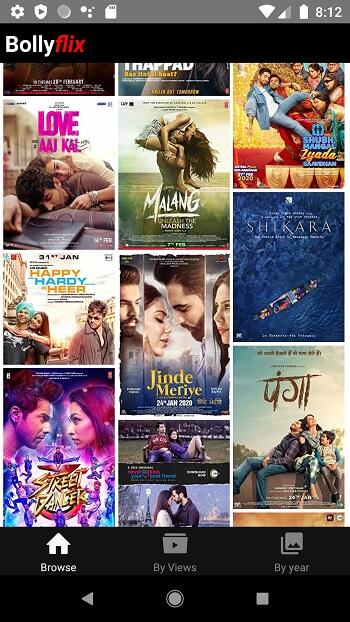Can the power of storytelling truly change lives? A short film titled Anuja delves into this question, exploring the life of a nine-year-old girl whose circumstances challenge the very essence of her existence. Set against the backdrop of a bustling garment factory, Anuja's world is one where dreams are often overshadowed by reality. Yet, when an unexpected opportunity arises for her to attend school, the narrative takes a poignant turn, compelling viewers to reflect on the transformative potential of education and the sacrifices that come with it.
The premise of Anuja echoes themes found in other cinematic masterpieces, such as The Blair Witch Project, which also revolves around pivotal moments that define characters' destinies. While the latter involves three film students disappearing while documenting a local legend, both films share a common thread: they highlight the importance of choices and their consequences. Similarly, Troy, adapted from Homer’s epic, showcases how historical narratives can be reimagined through modern storytelling techniques. These films remind us of our shared human experiences, transcending cultural boundaries.
| Bio Data | Details |
|---|---|
| Name | Anuja |
| Date of Birth | Not specified |
| Place of Birth | Garment Factory Location (presumed) |
| Profession | Garment Worker |
| Education | Potential boarding school attendee |
| Family Background | Dependent family member; economic contributor |
| Reference Website | IMDb |
Expanding further into the realm of visual storytelling, platforms like Netflix offer audiences access to diverse content, including anime movies that captivate global audiences. The platform’s extensive library caters to varied tastes, ensuring there is something for everyone. Among these offerings, superhero films hold a special place. For instance, Wonder Woman (2017) brings to life the tale of Diana, an Amazon princess whose journey from isolation to heroism resonates deeply with viewers worldwide. Her decision to leave her home island during World War I underscores themes of courage and sacrifice, paralleling Anuja’s predicament in choosing between personal growth and familial obligations.
Another notable adaptation is Watchmen, a groundbreaking film released in 2009. Directed by Zack Snyder, it adapts Alan Moore and Dave Gibbons’ celebrated comic book miniseries. Set against the backdrop of escalating tensions between the United States and the Soviet Union, Watchmen examines the moral complexities faced by costumed vigilantes. Like many classic tales, its exploration of identity and responsibility invites parallels with Anuja’s story—both narratives delve into the challenges of balancing individual aspirations with external pressures.
Delving deeper into literary adaptations, Dr Jekyll and Sister Hyde (1971) offers yet another perspective on transformation and duality. This reinterpretation of Robert Louis Stevenson’s original work introduces elements of gender dynamics, adding layers to the traditional narrative. It serves as a reminder that even within horror genres, stories possess the power to provoke thought and evoke empathy. Such films encourage audiences to question societal norms and consider alternative viewpoints, much like Anuja prompts reflection on the value of education versus immediate survival needs.
In conclusion, each of these films contributes uniquely to the broader tapestry of cinema, enriching our understanding of human nature and society. Whether through historical epics, contemporary dramas, or fantastical adventures, they collectively underscore the universal appeal of storytelling. As we witness characters grappling with their realities, we too are invited to ponder our own choices and the impact they may have on those around us.
Ultimately, the art of filmmaking lies not just in crafting visually stunning sequences but in creating narratives that resonate emotionally and intellectually. By presenting complex scenarios and multifaceted characters, filmmakers inspire audiences to engage more deeply with the world around them. In doing so, they fulfill the timeless role of storytellers—illuminating truths, sparking conversations, and leaving lasting impressions long after the credits roll.




